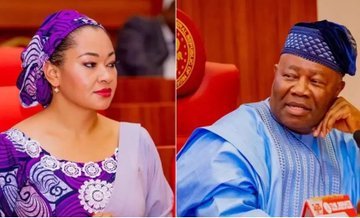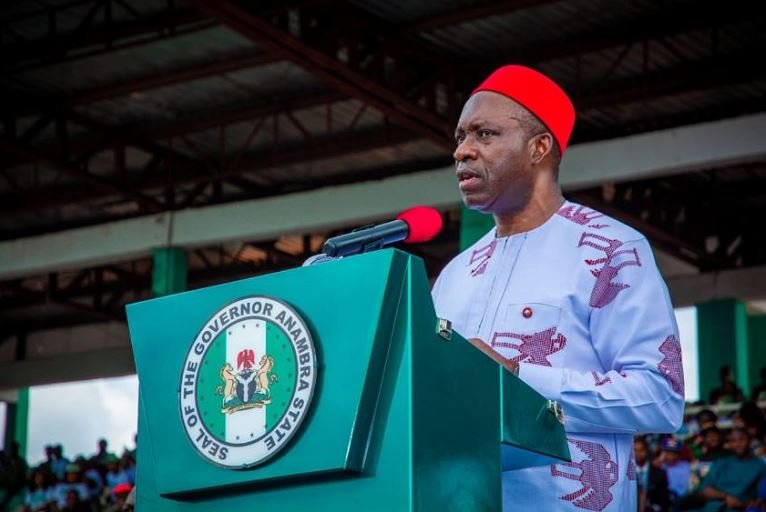The Trade Union Congress (TUC) has threatened to call a nationwide strike within two weeks if the federal government fails to scrap the proposed five percent tax on petroleum products.
The declaration by the TUC followed days of speculation that the fee would go into force in January 2026. The allegation instantly sparked popular concern in a country where changes in fuel prices frequently cause turmoil.
President Bola Tinubu’s tax committee pushed back, claiming that no start date has been determined and that only the finance minister has the right to decide when, or if, the policy will be implemented.
The 5% tax on petroleum products is part of the government’s overall budgetary changes aimed at increasing revenue.
However, Africa’s largest oil producer is already pummeled by the elimination of fuel subsidies, soaring inflation, and currency depreciation.
“The proposal is economic wickedness that would compound the struggles of ordinary Nigerians,” TUC President-General Festus Osifo and Secretary-General N.A. Toro said in an email to Chronicle NG on Monday.
“The government cannot continue to use Nigerians as sacrificial lambs for its economic experiments. Instead of offering relief, jobs, and solutions, it has chosen to further squeeze citizens dry. This is unacceptable,” the union leaders added.
The TUC warned that it has begun mobilizing its affiliates, state councils, and allied groups, including civil society organizations, professional associations, student unions, market leaders, and faith-based organizations, for “total nationwide resistance” if the government imposes the fee.
The union also threatened strike action if Abuja did not heed its warning, claiming that Nigerians needed economic fairness rather than “endless punishment.”
When implemented, the charge will apply to fossil fuels like gasoline and diesel but not to cleaner alternatives like cooking gas, compressed natural gas, kerosene, and other renewable energy sources.
“Enough is enough,” the union statement said. “Nigerians deserve economic justice, not endless punishment.” The tax provision is not new. It was first introduced under the Federal Roads Maintenance Agency Act of 2002, which created FERMA as a statutory body responsible for monitoring and maintaining federal roads.
A 2007 amendment to the Act established a funding mechanism in the form of a five percent user charge on petrol and diesel sales, with FERMA receiving 40% of the proceeds and State Roads Maintenance Agencies receiving 60%.










